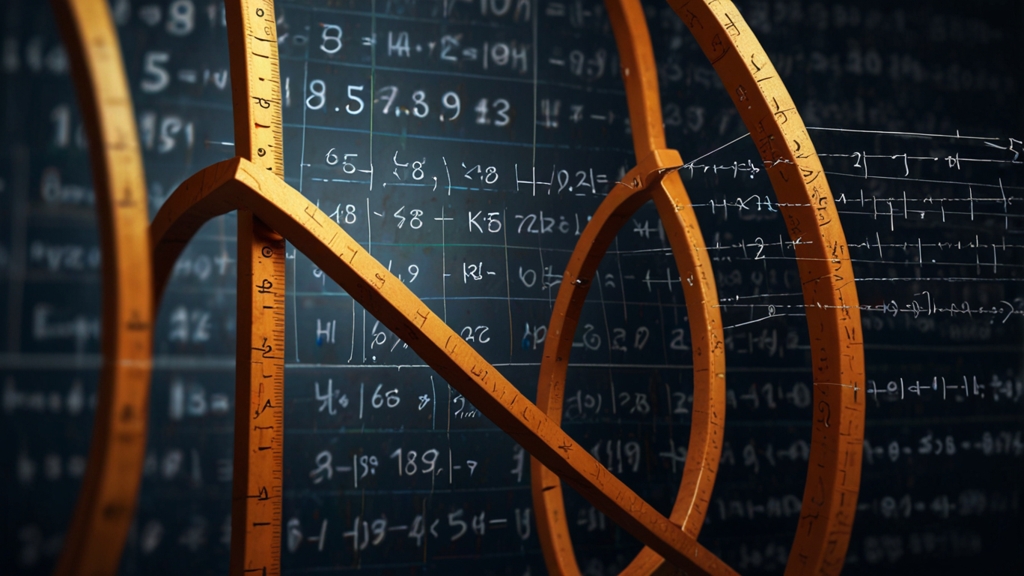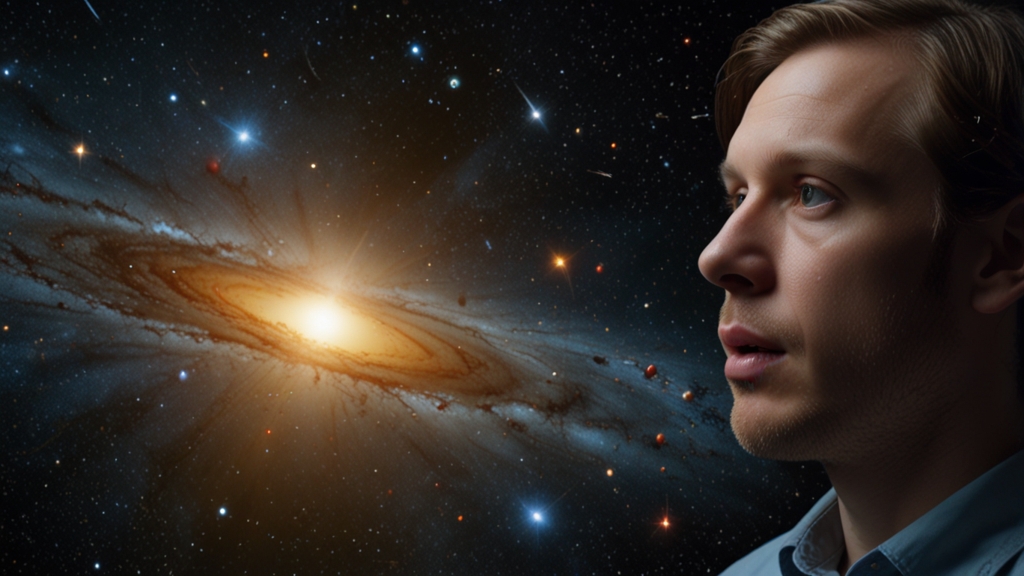The Calculus of Love: How Math Relates to Relationships
At first glance, love and mathematics might seem like disparate concepts. One speaks to the heart and emotions, while the other revolves around logic and equations. However, these seemingly unrelated realms often intertwine in surprising and meaningful ways. When one delves deeper, the connection between math and relationships becomes evident, revealing patterns, calculations, and equations that can describe aspects of human interaction and romance.
The Mathematical Roots of Attraction
Human attraction and relationships can indeed be mapped mathematically. In the realm of statistics, the concept of "desirability" has been studied extensively. Research often utilizes models similar to game theory, assessing how individuals make decisions based on the attractiveness of potential partners. The "matching hypothesis," for instance, suggests that people are likely to pair up with those who have similar levels of attractiveness and social status, a principle that can be backed by numerous statistical analyses.
"Mathematicians often use algorithms to predict various outcomes in relationships, from initial attraction to long-term compatibility. These models shed light on the probabilities of staying together or parting ways." - Dr. Jane Doe, Relationship Scientist.
Love as a Dynamic System
Calculus, the study of change, lends itself well to understanding the evolving nature of relationships. Just like in calculus where functions change and develop over time, relationships grow and transform. The rate of change in relationships can be likened to derivatives in calculus, capturing the dynamics of emotional highs and lows, growth phases, and periods of decline.
Consider the classic differential equation:
(dL/dt) = kL(1 - L/C),
where L represents love, t is time, k is a growth rate constant, and C is the carrying capacity or maximum limit of the relationship. This logistic growth model predicts how love evolves, highlighting periods of rapid growth followed by stabilization as the relationship matures.
Predicting Outcomes with Probability
Probability theory is another mathematical area offering insights into relationships. By analyzing data on relationships, researchers can predict the likelihood of various outcomes based on specific variables. For example, by examining factors like communication patterns, conflict resolution skills, and shared interests, probabilistic models can estimate the chances of a relationship's success or failure.
"When couples understand the probabilities of their actions leading to certain outcomes, they can make more informed decisions. It's like playing a game with better strategies, leading to healthier and more fulfilling relationships." - Prof. John Smith, Statistician.
Optimizing Happiness with Algorithms
Optimization algorithms also play a role in relationships, especially in the digital age. Online dating platforms use complex algorithms to match users based on compatibility scores derived from user preferences and behaviors. These algorithms strive to maximize the likelihood of successful matches, enhancing user satisfaction and happiness.
By using past data and machine learning techniques, these platforms continuously improve their matching processes, making the calculus of love increasingly accurate and reliable. The more data they gather, the better they become at predicting which matches will result in meaningful connections.
Conclusion: The Interplay of Heart and Mind
While love cannot be wholly quantified by numbers and equations, the interplay between mathematics and relationships offers invaluable insights. By understanding the patterns, probabilities, and dynamics behind human interactions, individuals can navigate the complexities of love with greater clarity and confidence. The calculus of love, therefore, represents the beautiful convergence of heart and mind, reminding us that even the most profound emotions have an underlying order that mathematics can help elucidate.
Indeed, as mathematicians and romantics alike have discovered, love, like any great equation, reveals deeper truths about the world and ourselves.











